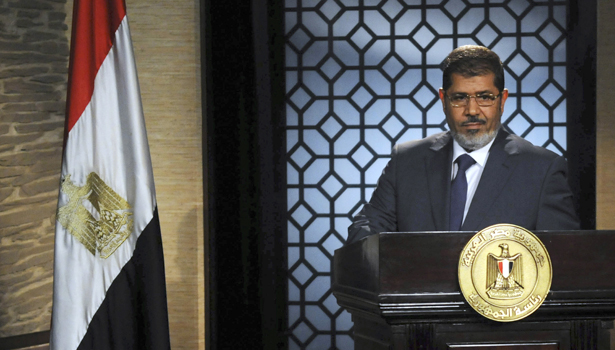The choice of the United Arab Emirates to lead the COP28 climate talks in Dubai has generated mixed reactions. Sultan Al-Jaber, the CEO of the Abu Dhabi National Oil Co., who was selected to lead the talks, emphasized the need to “fight climate change, not each other.” He also highlighted the upcoming negotiations as an “unprecedented opportunity to engage the energy industry in a technological revolution.” This selection was an attempt to bridge the gap between climate activists and the oil industry, which has been criticized for its influence on efforts to reduce carbon emissions.
Dr. Sultan Al-Jaber acknowledged the need for a significant course revision in addressing climate change and emphasized the importance of policies that support both economic growth and environmental sustainability. He also recognized the importance of capital to make the loss-and-damage fund operational.
The nomination of Dr. Sultan Al-Jaber was met with skepticism by some activists, who likened it to asking “arms dealers to lead peace talks.” However, the United States’ climate ambassador, John Kerry, and France’s finance minister endorsed the UAE’s selection.
Sultan Al-Jaber called for a tripling of global capacity for renewable energy, increased use of nuclear power, improved battery storage, and the deployment of carbon capture technology. He defended the UAE’s commitment to energy transition and emphasized that they are actively pursuing it.
The United Arab Emirates will host COP28 in Dubai from November 30 to December 12 at Expo City. The selection of the host country to lead the Conference of the Parties (COP) is a customary practice, but it has faced criticism from activists due to the country’s significant role in the oil industry. The effectiveness of this leadership in bridging the gap between industry interests and climate activists remains to be seen.








